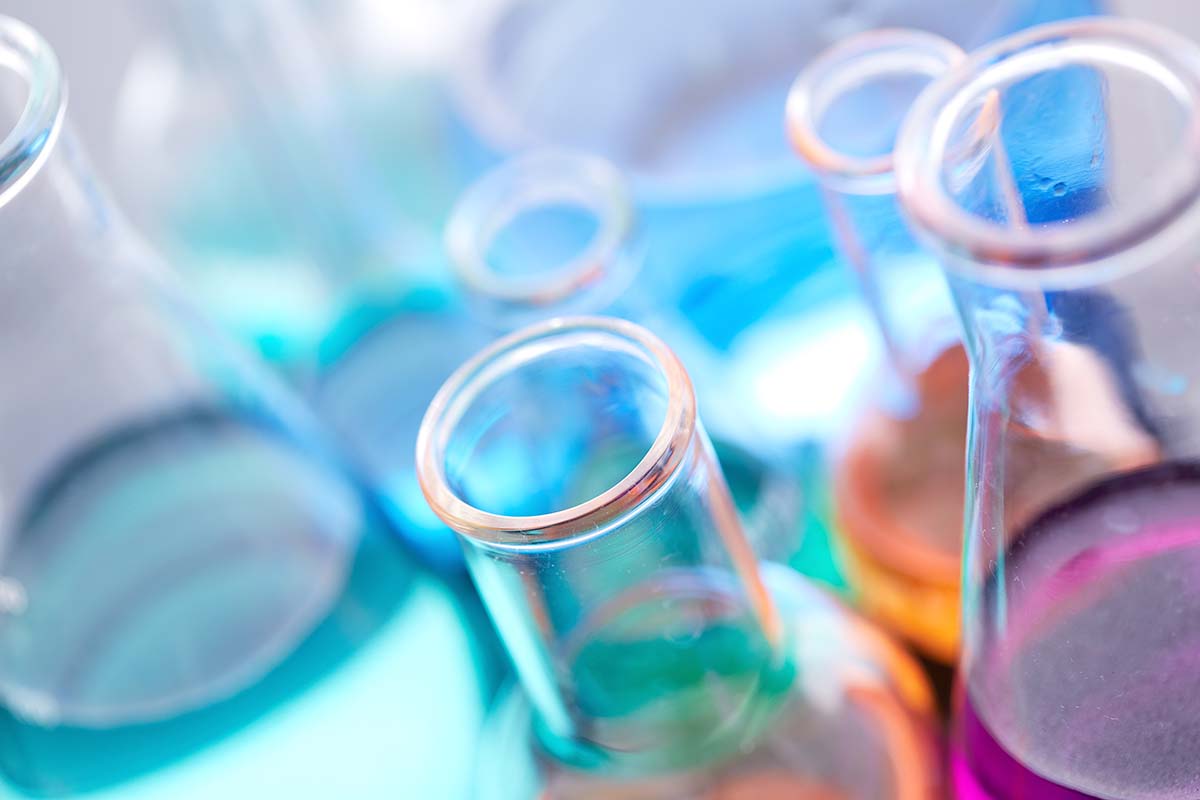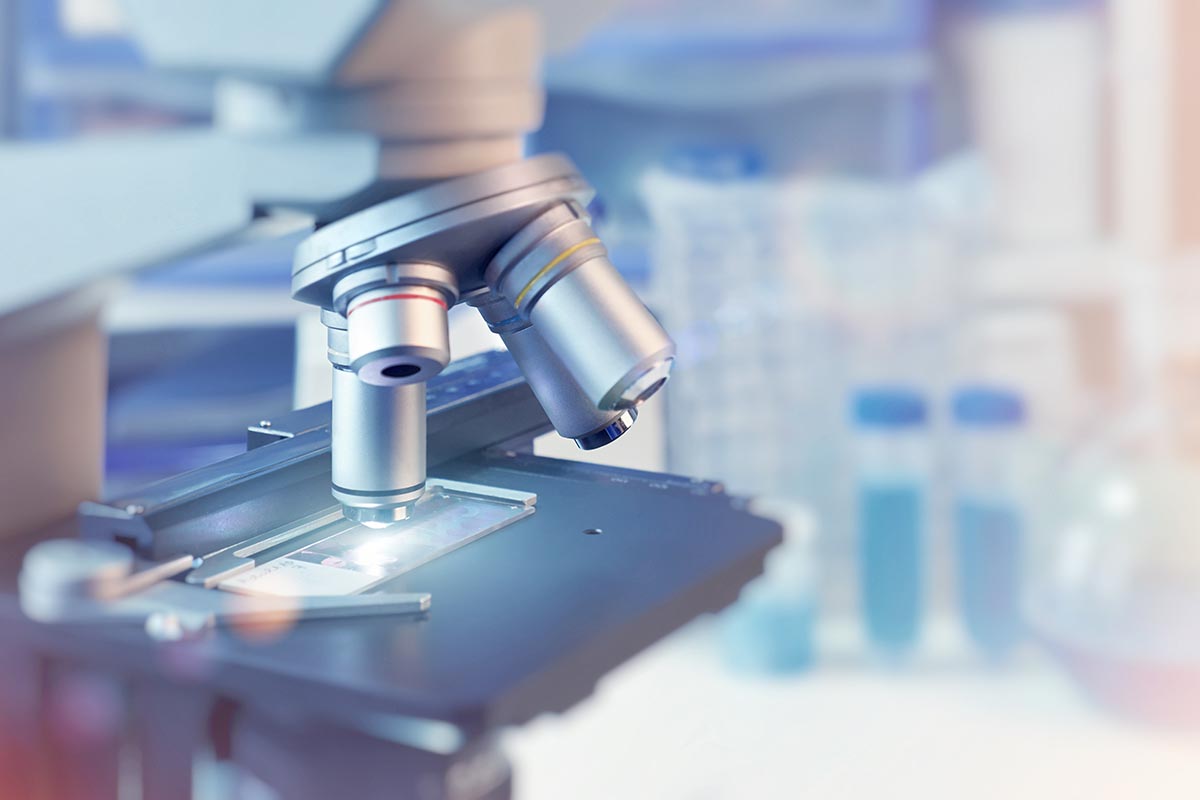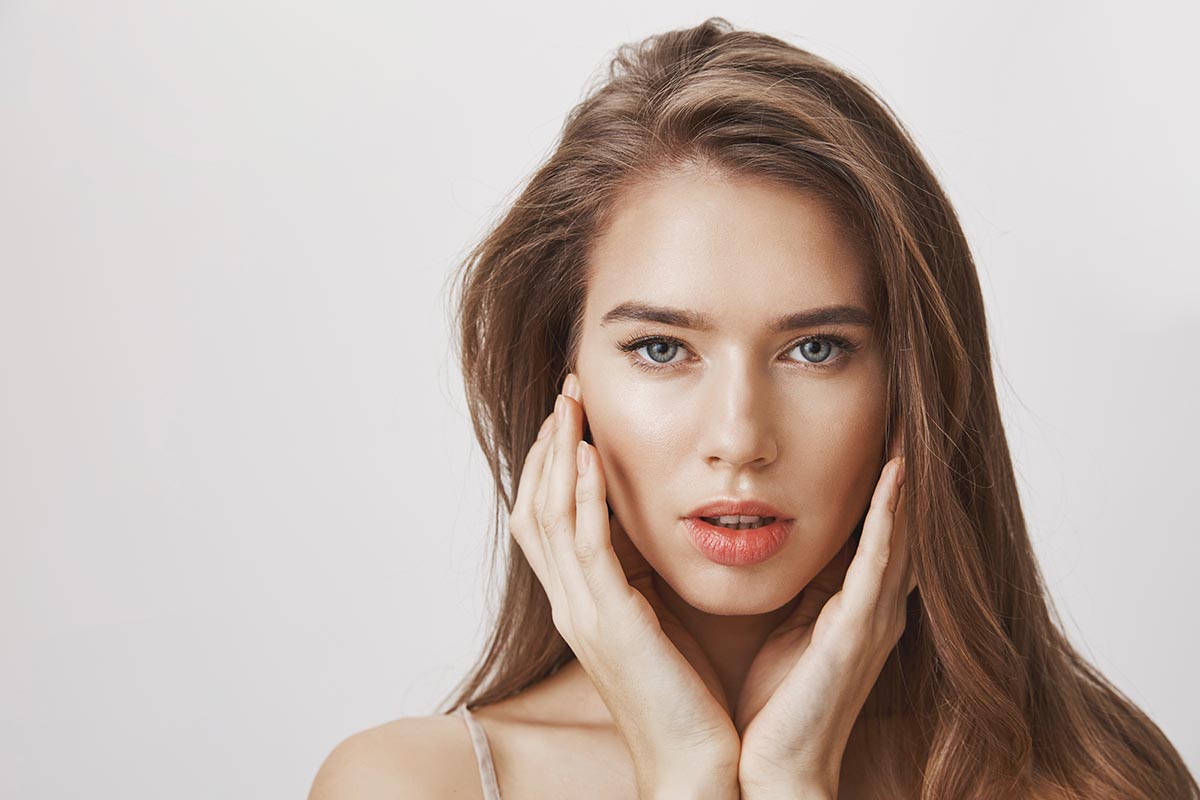How Biotechnology Impacts the Beauty Industry
Biotechnology has been a major driving force in different sectors—agriculture, medicine, and biofuels. Now, with the growing demand for natural skincare products, it’s becoming popular even in the beauty industry. Its global market size value reached $6.7 billion last 2021 and is expected to rise by 6.6% starting this year to 2030.
That’s why the beauty industry today has adopted biotechnology in creating its products. Aside from that, the call for natural ingredients in skincare products promotes a healthy lifestyle and a sustainable future.
To further understand its impact on the beauty industry, the article will highlight one of the successful products of biotech: Probiotics. Probiotics are live microorganisms that help fight off any types of acne, such as hormonal and fungal acne. Read on to find out more about how probiotics are good not only for your skin but also for your overall health.
The Rise of Biotech Beauty
The cosmetics sector has been greatly influenced by biotechnology. It’s being used by a wide range of cosmetic companies to research, develop, and manufacture ingredients for their products.
Biotech Beauty is a method of producing high-tech skincare activities using microorganisms sustainably. By fermenting cells, these bacteria behave as micro-factories, allowing them to multiply and reproduce.
It’s a beautiful blend of science and nature. This technique produces a mixture of microbes (bio) and microbe-engineered DNA (tech), which is why the term ‘biotech’ was coined.
Changing the Landscape in Acne Care: Probiotic Acne Serum
Acne and other skin disorders can flare up when there is an imbalance of good and bad bacteria in the guts. This can, then, damage the intestinal lining, resulting in the growth of irritating substances in the bloodstream. When that happens, inflammation occurs throughout the body.
Probiotics are nutrients that encourage the growth of good microorganisms within the body. They are living organisms that are found in high-quality pills or fermented foods like yogurt. Taking probiotic serum can help fight off infections and improve the immune system.
Phylabiotics is among the top skincare companies with a clinically-backed probiotic acne serum. They make use of bacteriophages that can help balance off and kill bacteria in the microbiota. Phyla’s phage can destroy acne-causing bacteria while conserving and nurturing good skin flora.
How biotechnology impacts the beauty industry: Are Probiotics Good for Acne?
Probiotics provide both internal and exterior advantages. However, some approaches may be more effective than others, depending on the person. The American Academy of Dermatology cites three benefits of using probiotics to treat acne infection.
Stops the production of P. acnes bacteria
Acne bacteria (Propionibacterium acnes) are simply the bacteria responsible for acne. Once these bacteria digested sebum or oil, they release lipase, which creates fatty acids and causes skin irritation.
Probiotics can physically target and destroy P. acnes bacteria. That’s why it is referred to as an antimicrobial. Probiotics battle dangerous bacteria or germs to keep them from causing acne-causing skin irritation.
Reduces internal inflammation
Probiotics can produce a protective barrier or shield when administered topically to the skin’s surface. This keeps unwanted microbes like bad bacteria, fungus, and toxins out.
When unwanted toxins touch the skin’s surface, it causes your immune system to react. This is what is known as acne breakout. To prevent this, topical probiotics physically sit between it and the unwanted toxins.
Shields the skin from environmental damage
When probiotics are added to your skincare, it makes it simpler to fight against external sources of irritation or illness. Bad bacteria can be killed by probiotics by creating holes in them. Probiotics can help prevent dangerous organisms from causing inflammation in the first place. This is similar to how antibiotics work in the treatment of acne and rosacea.
Probiotic Strains for Acne
Several probiotic strains have been clinically proven to aid with acne. However, these strains help by treating some of the underlying causes.
-
Bifidobacterium lactis HN019
This strain can help address acne-related causes in the stomach in three ways.
- Improving the health of the gut microbiota
- Reducing inflammation
- Managing occasional constipation
-
Bifidobacterium lactis Bi-07
Atopic Dermatitis (AD) is a chronic inflammatory skin condition that is becoming more frequent in children. This strain has been demonstrated to reduce its inflammation, making it less severe than it had been.
-
Lactobacillus acidophilus NCFM
This strain has been among the first probiotic treatments for acne. Lactobacilli-containing milk was found to reduce the severity of acne. In addition to this, it can also:
- Minimize the harmful effects of antibiotics on the makeup of the gut microbiota.
- Enhance gut health and, as a result, skin health.
- Increase the number of bowel movements per week in combination with a and Bifidobacterium lactis HN019.
-
Lactobacillus rhamnosus GG
Also known as Lactobacillus rhamnosus ST1 strain, research has proven its effectiveness in improving acne in the past. This strain can help with digestion and the immune system in addition to strengthening the skin. It’s easy to find both on its own and in probiotic supplements.
Probiotics for Hormonal Acne
Hormonal acne is made up of cystic breakouts that appear under the skin on the chin, jawline, and cheeks. It can develop at any age and is difficult to cure since it is caused by hormone fluctuations in the body.
Oil glands in the skin become overactive as a result of the elevated amounts of androgens. Over time, they begin to produce excessive oil (sebum), which clogs pores and traps germs in the pores.
Propionibacterium acnes (P. acnes) is the most common form of bacteria linked to acne. While P. acnes may be present on healthy skin, acne causes the bacterium to become overgrown. The bacteria take control, causing inflammation and changing the microbiome of the skin.
By reintroducing good bacteria to the skin, probiotic skincare solutions, like Phyla skincare serum alleviate hormonal acne. These helpful bacteria battle with P. acnes and other inflammatory germs for food supplies. As a result, P. acnes levels are reduced, and the number of good bacteria increases.
How biotechnology impacts the beauty industry: final thoughts
Biotechnology has been a huge help in the beauty industry. It does not only reduce pollution but is also a cost-effective technology. As compared to the traditional technique, it can synthesize ingredients at a higher pace and with greater consistency. This significantly lowers the industry’s carbon footprint.
More importantly, it has provided other means of treating skin conditions like acne. Probiotics have been proven to fight off acne-causing bacteria. Additionally, it helps take care of a person’s overall health, including the guts and immune system.
Conscious consumption, while providing practical answers, can assist to expand the use of biotech in the beauty industry.




















